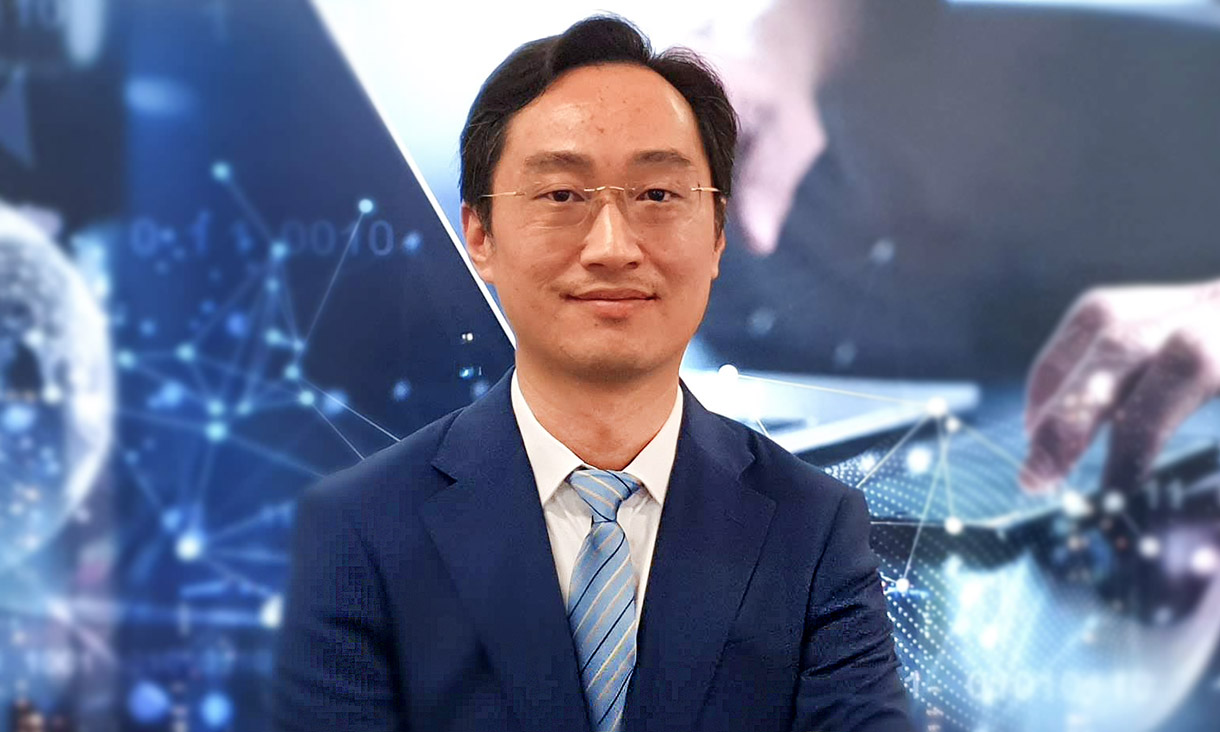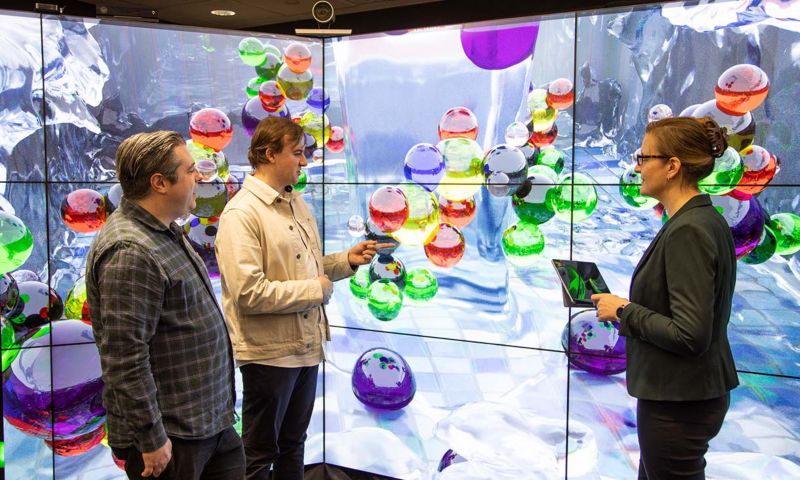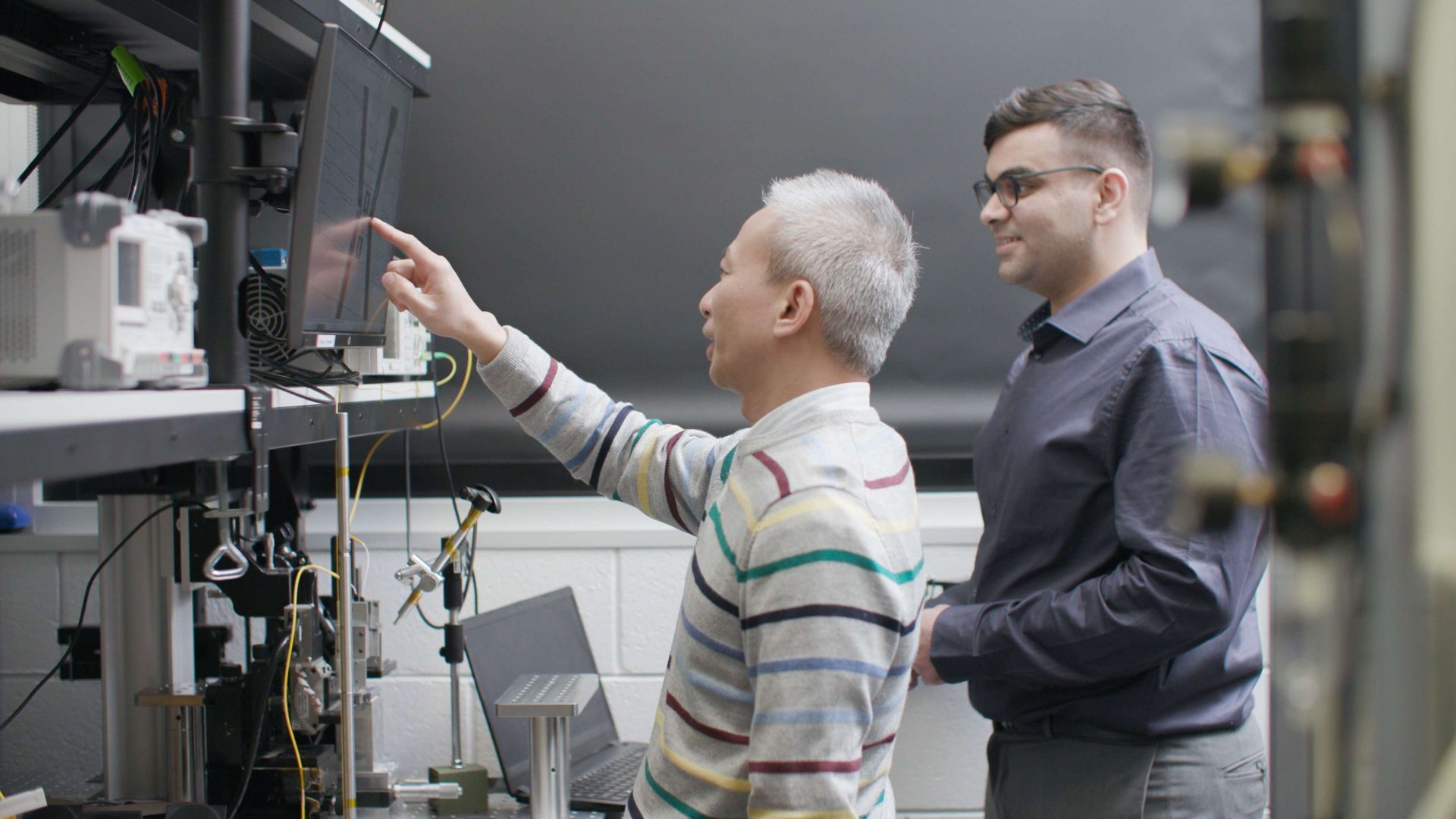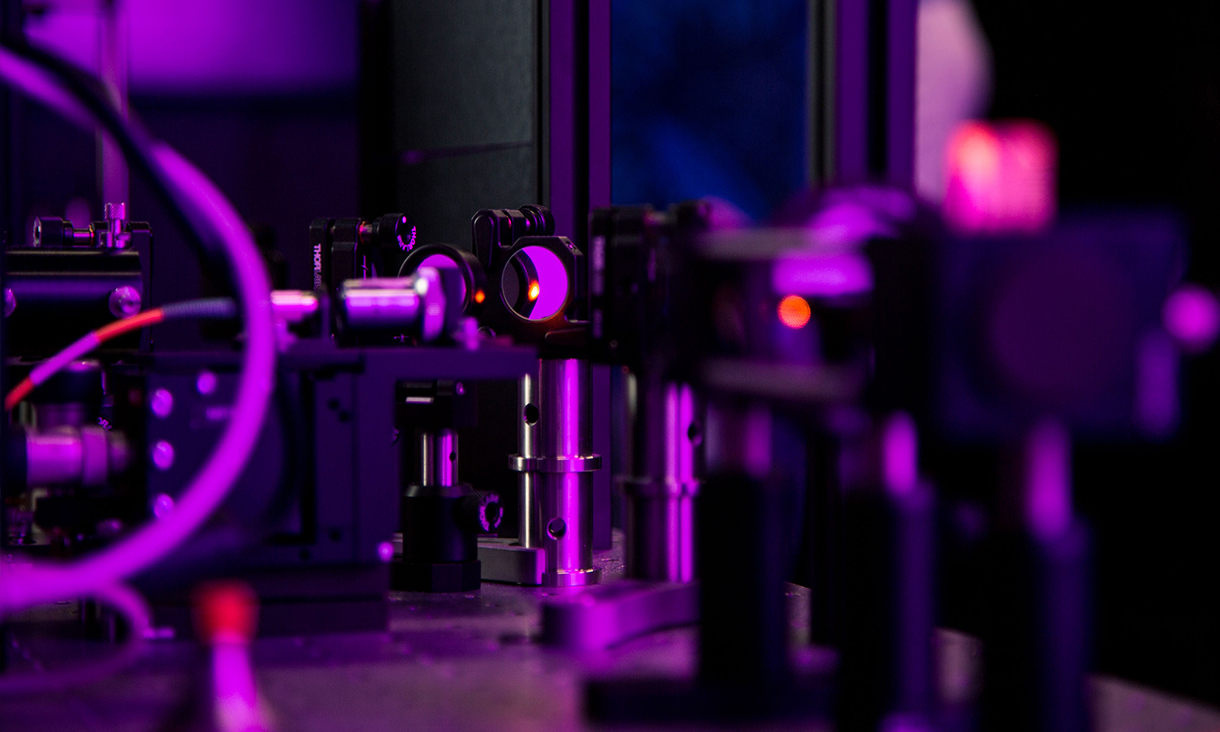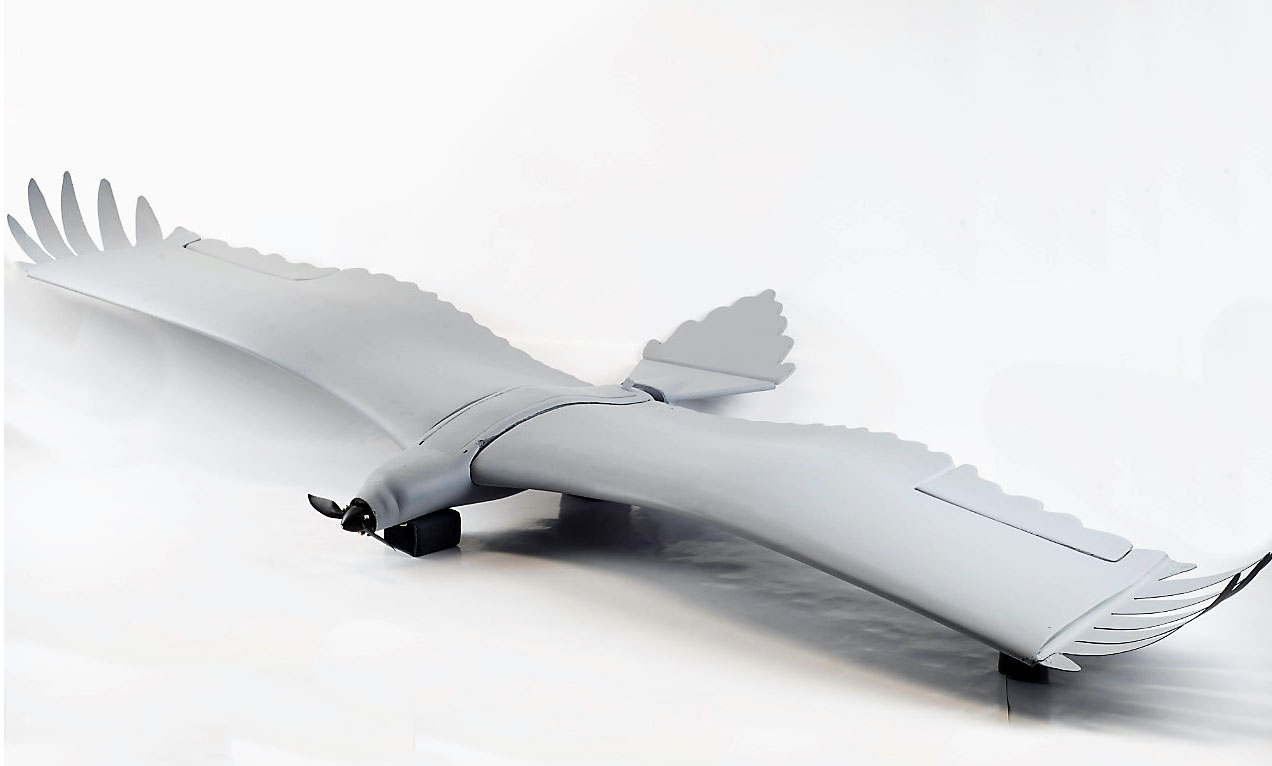Professor Matt Duckham’s team is using the computing power to design new ways to automatically pinpoint a person’s exact location using just a verbal description of the features around them.
This approach could be especially important in emergencies if satellite positioning fails.
Duckham said his team now has the ability to process massive information streams including drone imagery, satellite data, data from sensor networks and crowd-sourced data that could overwhelm conventional computing facilities.
“Enabling us to analyse these huge volumes of data from new sources can help better inform evidence-based policy decisions to improve public transport, traffic, infrastructure and many other aspects of quality of life,” he said.
Associate Professor Thach Nguyen and team at the Integrated Photonics and Applications Centre rely heavily on high performance computing to design fingernail-sized photonic chips that can plug into optical fibre networks to make our internet faster, or plug into medical diagnostic tools to analyse how cancer cells spread in real-time.
They are now using RACE to conduct research that was almost impossible with standard computing power.
“Direct access to RACE means that when designing and simulating brain-like chips or creating a chip which could break the record for the world’s fastest internet, the team can run multiple processes at once with computing capability that expands and scales as needed,” said Nguyen.
“RACE has provided our team with on-demand computing power anywhere, anytime to simulate our photonic chips at 10 times faster than was previously possible.”
This work opens the door to new opportunities including the design of chips that could make our internet faster, help drones more accurately inspect railway infrastructure, and build handheld devices to detect ovarian cancer more accurately.

